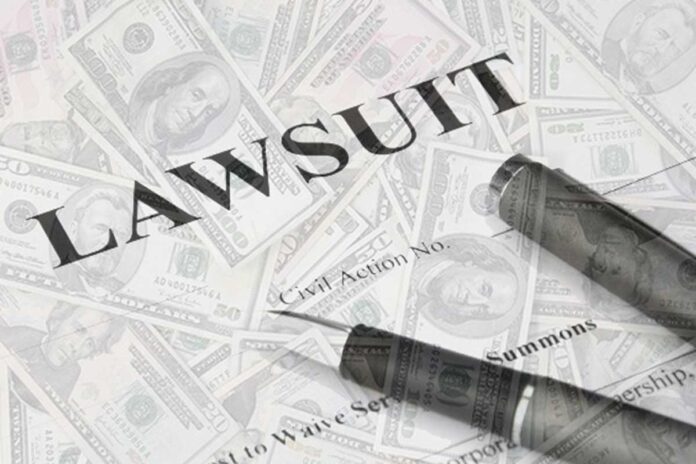A federal judge last week ruled that Trans woman Madison Matthews must arbitrate her antibias claims against Gucci Boutique Store in King of Prussia due to an arbitration agreement that Matthews allegedly signed. As a result of the ruling, Matthews’ antibias lawsuit against Gucci has been dismissed.
In April 2019, Matthews was hired by Gucci as a connection coordinator. The position involved interfacing with customers to ensure their satisfaction. Two months after she was hired, Matthews’ identity as a Trans woman became known, when she requested permission to participate in a Tran-oriented fashion show.
A supervisor allegedly asked Matthews why she wanted to participate in the show. When Matthews explained that she’s Trans, the supervisors allegedly said: “Oh! I had no idea. But someone did ask me if you were Transgender and I said no, not that I’m aware of,” according to Matthews’ lawsuit.
The supervisor declined to disclose who inquired about Matthews’ Trans status. But the supervisor said they reported the person to a Human Resources official. When Matthews asked a Human Resources official about the alleged incident, the official said no such report had been submitted, according to the lawsuit.
“Almost immediately thereafter [Matthews] was subjected to a hostile work environment saturated with sex/gender discrimination and sexual harassment,” according to the lawsuit.
Abusive incidents include being continually misgendered by coworkers and being called “Little Bro” and “Bruce.” The latter name apparently referred to Caitlyn Jenner. Coworkers also stated that Matthews had “mental issues,” that she suffered from bipolar disorder and was “f***ing crazy,” according to the lawsuit.
Some coworkers would mispronounce Matthews’ forename to emphasize its first syllable of “Mad.” The alleged abusive treatment occurred on a daily basis, according to the lawsuit.
After Matthews had a verbal disagreement with a coworker, a supervisor allegedly told Matthews: “I want to see you drag [the coworker] by her hair through the parking lot.” Matthews responded by telling the supervisor: “You are sick,” according to the lawsuit.
In September 2019, Matthews allegedly was accused of spreading a rumor that a supervisor was having a same-sex affair with a Gucci worker. After this allegation, Matthews was further ostracized and harassed at Gucci, including not being able to take her lunch breaks at a time of her choosing, according to the lawsuit.
Due to the hostile workplace, Matthews took a leave of absence in September 2019. She returned to work in January 2020 but was informed by a supervisor that she would be “framed for stealing,” according to the lawsuit.
Matthews took another leave of absence from March 2020 to June 2020. However, more problems occurred when she returned, including a dispute in September 2020 about bonuses allegedly owed to her. According to the lawsuit, she subsequently had little choice but to resign due to the mistreatment and retaliation for complaining about it.
In January 2021, Matthews sued Gucci in federal court, alleging unlawful discrimination, hostile work environment, retaliation and related wrongdoing. Her lawsuit cited alleged violations by Gucci of state and federal antibias laws.
In subsequent legal papers, Matthews claimed that she was forced to seek ongoing mental-health counseling along with a prescription for an antidepressant due to the alleged workplace mistreatment.
Matthews was forced “to decide between paid harassment and discrimination, unpaid leave, or resignation during a global pandemic when the unemployment rates are at an all-time high,” according to legal papers.
But on Feb. 15, in a 27-page ruling, U.S. District Judge Karen S. Marston noted that when Matthews was hired, she electronically signed an agreement with Gucci that she would submit to arbitration for workplace disputes. In her ruling, Marston acknowledged that Matthews doesn’t recall signing the agreement. But Marston also noted that Matthews hadn’t submitted an affidavit denying that she signed the agreement. Thus, Marston dismissed Matthews’ lawsuit.
“For the foregoing reasons, the court grants defendants’ motion to compel arbitration,” Marston wrote.
Neither side had a comment for this story.

